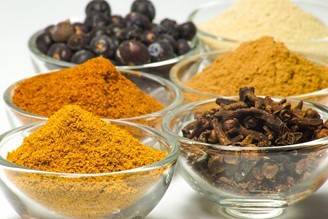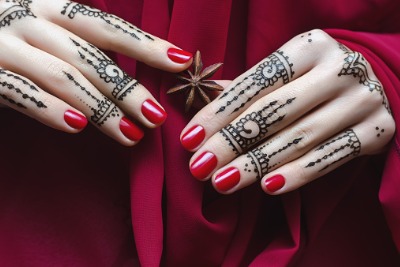
Why Non-Muslims Buy Halal
Many non-Muslims buy Halal. In fact, some Halal-certified food companies estimate that most of their customers are not buying the products for religious reasons! This is true for a variety of reasons, including higher perceived safety, purity, and quality of Halal products, alignment with consumer values, convenience for avoiding pork and alcohol, and overlap with other appealing elements of Halal-certified brands.

Perceived quality and purity of Halal products is one of the most important reasons why non-Muslims seek them out. Research has found that non-Muslim Malaysian consumers believe that Halal-certified food is safer and of higher quality than other options, and that they specifically seek it out for those reasons.

A key aspect of this is the assurance of purity and accuracy of ingredients used: certification is one way for consumers to know that these products actually contain or consist of exactly what they claim to. Halal certification requires careful documentation of all ingredients and processes used in the production of the food, so the certification process represents third-party oversight.
Halal certification is especially relevant for products that are commonly adulterated, such as spices, supplements, fish, and oils. Some of these products have very little regulation. In fact, the FDA does not evaluate nutritional supplement claims or require consistent testing for accuracy of labeling or contamination. Those with Halal certification, however, can be trusted to contain what they advertise.
For other consumers, Halal certification represents purity and a higher standard of production. The choices in a modern supermarket are overwhelming, and consumers are aware that many of them are less than healthy. They may be hesitant to trust food manufacturers themselves, but seeing the recognizable seal of a Halal certifier indicates that the product is third-party verified.

In addition to quality concerns, some non-Muslims purchase Halal-certified food for ethical reasons. Research in Malaysia found that a large minority of non-Muslims shared the principles behind Halal dietary laws and sought out Halal food for that reason. Many Halal regulations around meat are meant to ensure the animal welfare and humane treatment of animals, stipulating that they must be given food and water, must not be sick, and must be slaughtered in such a way as to minimize suffering. Ethical concerns have particularly drawn in cosmetics consumers, who appreciate the fact that Halal certified cosmetics are not tested on animals and cannot contain any ingredients harmful to humans, such as toxic heavy metals. Essentially, Halal products can be marketed as reflecting a way of life that transcends a specific religion, drawing in consumers from many backgrounds.

In addition, many consumers avoid pork and alcohol for a variety of personal, ethical, or health reasons. Looking for Halal certified products is an easy way to find food that meets those standards and avoid having to check every ingredient list.
Numi Organic Tea, a brand certified by ISA, is also certified Organic, Kosher, non-GMO, and Fair Trade. They also emphasize the fact that their packaging is recyclable and compostable. Part of the popularity of Halal brands like Numi is their broad appeal: it’s not just the Halal certification that makes it attractive, but the way Halal fits into to the company’s overarching focus on values-based artisanal products that resonates particularly strongly with Millennials. Similarly, founder of popular brand Saffron Road Adnan Durrani estimates that 85% of their customers are not Muslim, but are drawn to the brand by multiple elements – many of their products also feature Organic, non-GMO, and Kosher certification. In addition, the products fill a unique niche in the market for ethically sourced, quick-to-prepare meals based on authentic international recipes.

This approach has also been an essential aspect of the popularity of Halal cosmetics brands, many of which combine their Halal certification with others such as Organic, Vegan, and Cruelty-Free. These additional aspects align with Halal ethics while ensuring that the brand has a broader appeal.
Younger consumers, Muslim and non-Muslim alike, are particularly attentive to value signaling, so combining a Halal certification with other guarantees can help your product stand out and thrive in diverse markets.